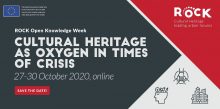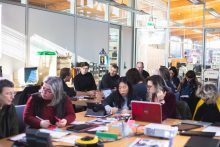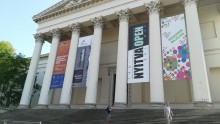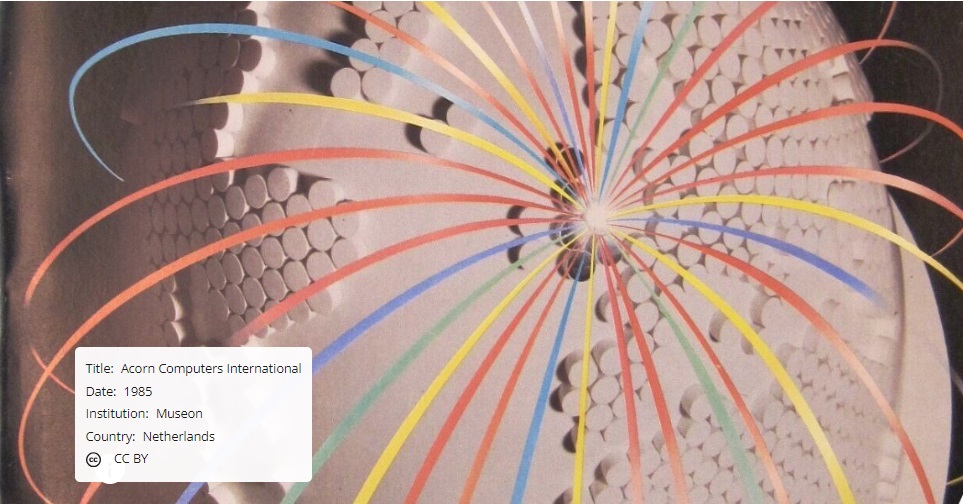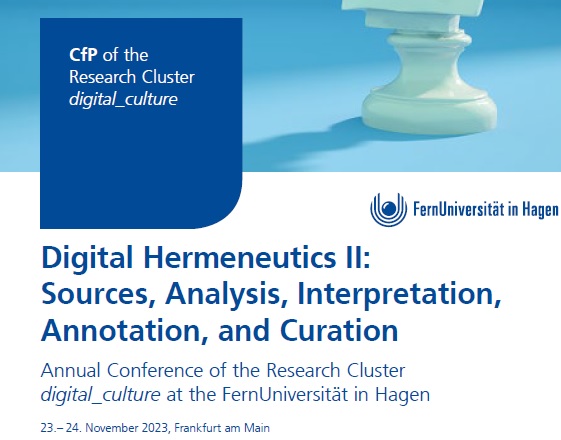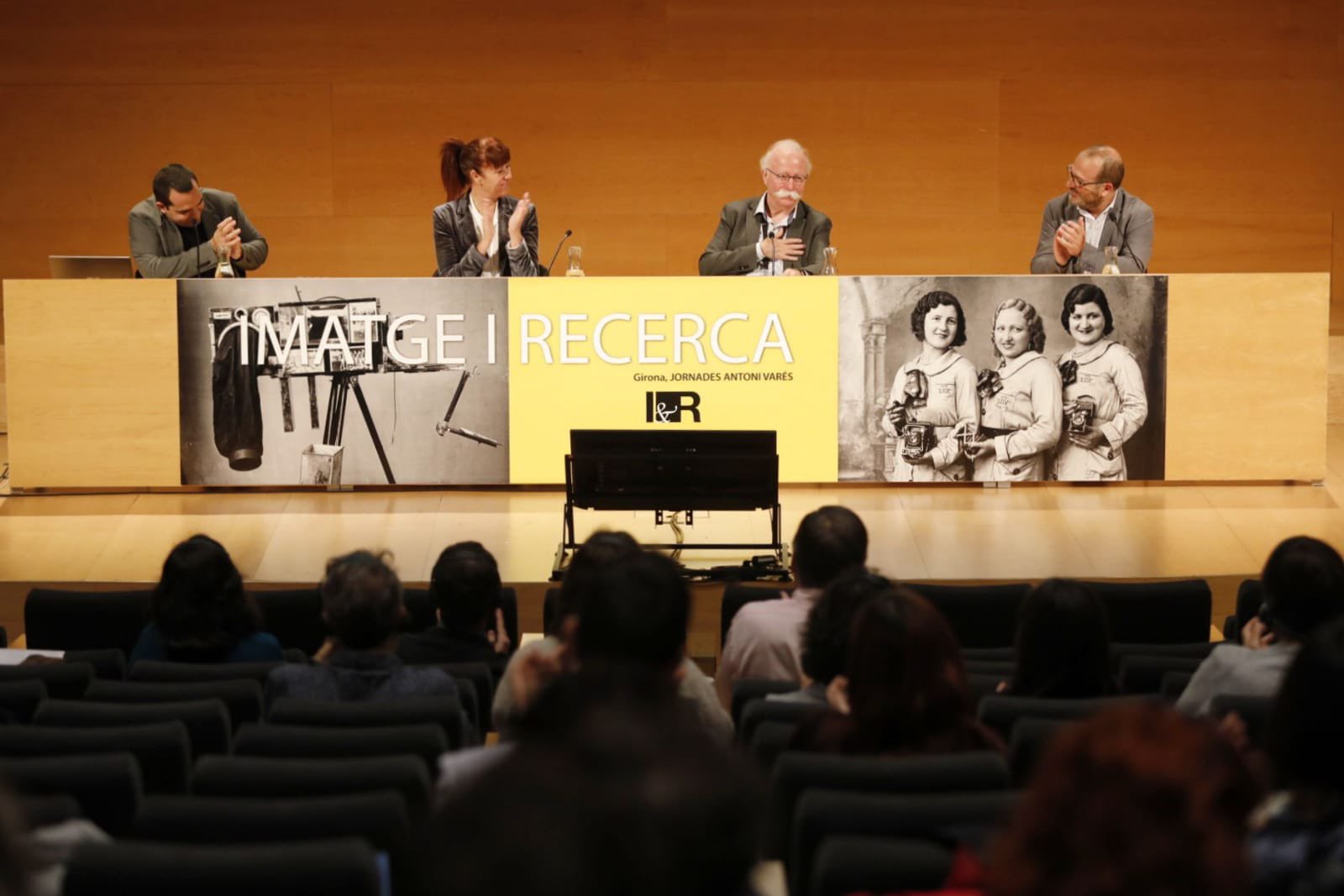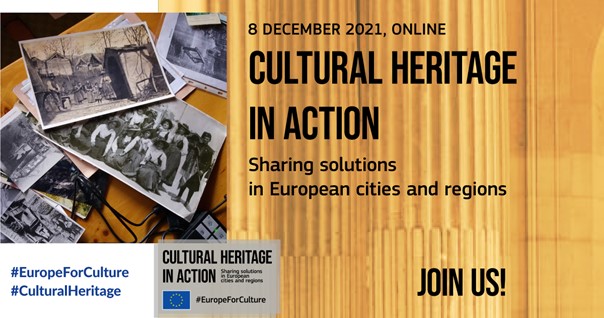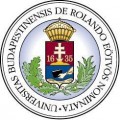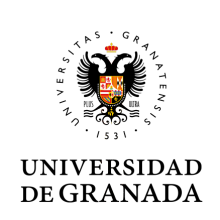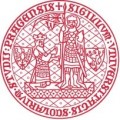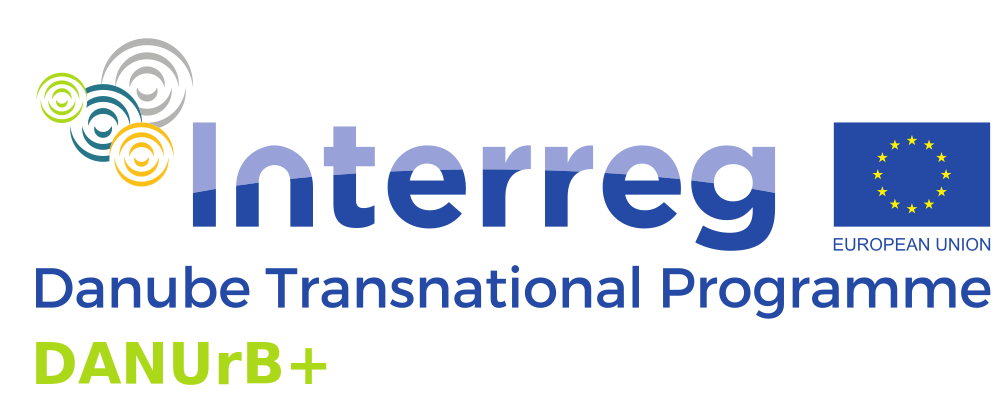 DANUrB is a new EU funded project started on July 2020 and leaded by the Budapest University of Technology and Economics of Budapest. It involves 17 Partners coming from 6 East European Countries: Hungary, Romania, Slovakia, Bulgaria, Croatia and Serbia.
DANUrB is a new EU funded project started on July 2020 and leaded by the Budapest University of Technology and Economics of Budapest. It involves 17 Partners coming from 6 East European Countries: Hungary, Romania, Slovakia, Bulgaria, Croatia and Serbia.
The project aims to reactivate underused cultural heritage and resources in shrinking settlements of Danube river’s peripheral and border regions, to create new possibilities and make its towns and regions attractive again.
Scope of DANUrB is to use the potentials of an international visible system and turn peripheral situations into advantages by attracting visitors and inhabitants interested in the Danube but searching for slow life with authentic values.
The main objective is the capacity building for local stakeholders in order to enable them to cooperate locally and interregionally for the valorization of their Danube related heritage with local actions under a unified brand strong enough to increase local prosperity and international tourist attractiveness.
Therefore DANUrB+ fosters sustainable use of cultural heritage and resources (PSO) in peripheral regions, demonstarting that this usage is the most beneficial to local communities and translating interregional principles to Action Plans for real local cooperatives.
The project consists of 4 horizontal thematic areas of work:
- Interregional network as a possibility
- Shrinking cities as a challenge
- Locals and their cooperation as a development asset
- Heritage as a tool
The topics are carried out by 4 work packages: Research, Planning tools, Education and Actions.
The DANUrB+ project has recently signed a Memorandum of Understanding with the REACH project for the mutual support and dissemination of researches and activities related to the promotion and enhancement of the resilient rural and small towns heritage. The poster of DANUrB+ is available in the REACH digital gallery which collects all contributions coming from the project’s community.
Download the DANUrB+ poster here
DANUrB+ website
#DANUrB




